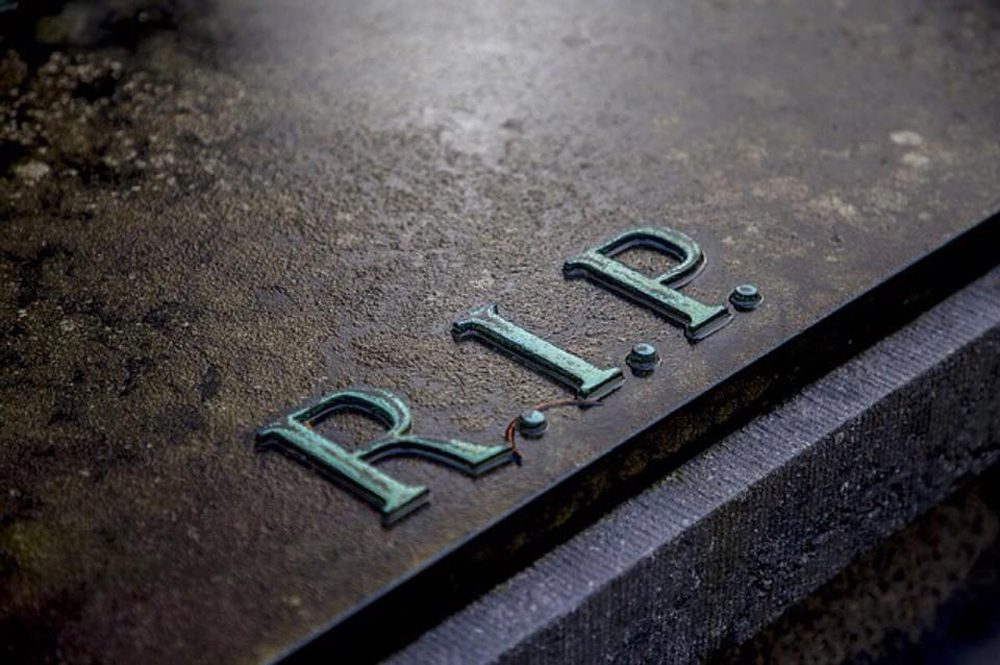
Maybe you’ve heard the term before – someone talks about how hard they’re working lately and calls that feeling of being overworked as “the grind.”
Reminds you of a meat grinder, taking you in and spitting you out in a different form? Well, it’s something Jeremy Greenberg is familiar with and he is trying to help people identify when they’re overworking, what they can do about and how to help make their workplaces more balanced.
 Greenberg is the founder of Avenue Group (www.AveGroup.com), which builds businesses through advising leaders (Advisors division), operating early stage companies (Ventures division), and sharing business knowledge (Educators division). He is also the co-founder and CEO of Flyte Fitness (www.FlyteFitness.com), an exercise equipment and education company. Greenberg built multi-million-dollar businesses for two Fortune 500 companies (Capital One and Avon Products) and holds an MBA from the Wharton School at the University of Pennsylvania, where he continues to serve as Entrepreneur in Residence.
Greenberg is the founder of Avenue Group (www.AveGroup.com), which builds businesses through advising leaders (Advisors division), operating early stage companies (Ventures division), and sharing business knowledge (Educators division). He is also the co-founder and CEO of Flyte Fitness (www.FlyteFitness.com), an exercise equipment and education company. Greenberg built multi-million-dollar businesses for two Fortune 500 companies (Capital One and Avon Products) and holds an MBA from the Wharton School at the University of Pennsylvania, where he continues to serve as Entrepreneur in Residence.
Working hard does not mean working smart
“The term ‘the grind’ is overused these days in work environments,” says Greenberg. “Entrepreneurs often brag about grinding (i.e., working extremely hard). Working hard does not equate to working smart. Working hard does not result in getting a lot done. Getting a lot done does not result in driving progress. The grind is the early process of creating inputs—with uncertainty of what will come. What matters is the outputs.”
Greenberg says he prefers to focus on what he calls “the find,” even as he acknowledges the hard work and effort it takes.
“The find is the insights that we create. It’s not the result of an inevitable process that anyone would have produced by merely putting in effort. The find is the unique value we create because of how we use our mind and our talent to add value for our organizations.”
From an early age, many Americans are taught the value of hard work. The harder you work, our society reasons, the more successful and financially prosperous you will be.
As a result, companies often demand much of their workforce, and a high percentage of Americans work overtime to meet or exceed their business’ expectations. According to the U.S. Bureau of Labor Statistics, 85 percent of men and 67 percent of women work more than 40 hours a week. The International Labour Organization reports that Americans work longer hours than people in most of the world’s developed nations.
“Overworking is overrated,” says Greenberg. “We are told to work longer hours, sleep less, and grind. But it’s a big misconception to think that this kind of sacrifice leads to success, more money, faster advancement, and happiness.”
Greenberg gives five reasons overworking is overrated:
It limits your capacity
The first is that it limits your ability to take part in beneficial hobbies, something Greenberg saw first hand when he was working full time and simultaneously leading multiple companies.
“The common wisdom,” he says, “is not to do this. The common wisdom is ‘put everything you have into one company because that’s what the competition is doing.’” Greenberg has found, however, that there is tremendous value gained from working on dissimilar projects. “I’m a big advocate of taking experiences from outside the workplace and applying them to our work. This helps us learn, and spurs innovation.” Beyond synergistic parallel work experiences, there are activities we can do in our off-time that can be tremendously productive for our work. For Greenberg, it’s running and oil painting. “These are activities I enjoy that have no direct relationship to my work. However, both activities put me in a state that is quite conducive to ‘organic problem-solving.’”
Overworking can’t compensate for business flaws
Putting in another two or three hours a day, while continuing to use the same ineffective ways of doing things, won’t solve fundamental issues related to the company’s success, Greenberg says. “Whether you’re rank-and-file, a mid-level manager or an entrepreneur, there’s no guarantee that overworking will save a flawed business model or weak business acumen. You might work very hard and fail, which happens most of the time in new businesses.”
You’ll be distracted from the big picture
Having too much to do often promotes tedium, taking away from valuable time that might otherwise be spent on thinking, creating, planning, or maybe just taking a breath. “Business owners have endless to-do lists, but they often get caught up in the day-to-day minutiae or things that are time-intensive and don’t have high value,” Greenberg says. “Taking time to rest and reflect is a critical part of being successful in business. It helps us differentiate the important work from the low-value work.”
It can lead to health problems
Numerous studies show that overwork and stress can result in all kinds of health issues. “Working too hard is simply bad for us,” Greenberg says. “It takes a toll on the brain and the whole body, by boosting stress and inducing bad habits, such as poor eating, reduced exercise, skipping sleep, and relying on too much caffeine.”
Performance levels will suffer
Sarah Green Carmichael of Harvard Business Review says overwork results in diminishing returns – a general drop-off in quality and an uptick in avoidable mistakes. “Researchers have found that overwork – and the resulting exhaustion and stress – makes a person less productive in the long run because their mental and physical levels are drained,” Greenberg says. “Fatigue and sleep deprivation make it hard to perform at a high cognitive level.”
And there the irony becomes obvious, says Greenberg.
“You really get less done, accomplish fewer significant goals, and moreover rob yourself of the quality of life that you’re presumably trying to attain by working harder and longer.”








